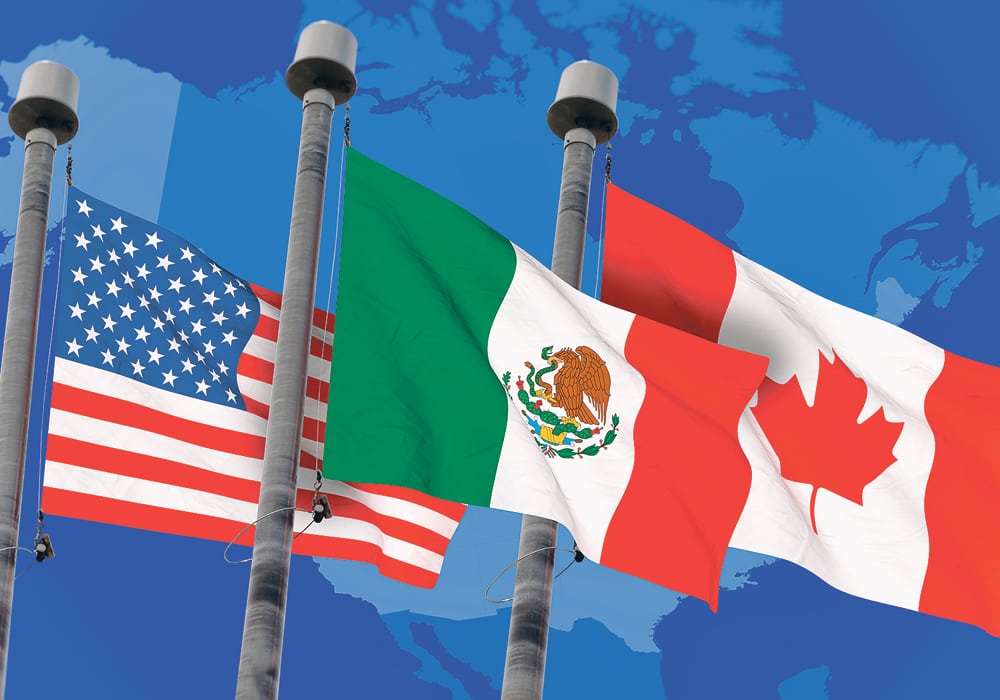The U.S. Trade Representative’s office said on Tuesday it requested a dispute settlement panel to review a U.S. challenge to Canada’s application of dairy import quotas under the new U.S.-Mexico-Canada Agreement on trade.
The request marks an escalation of a U.S. complaint first lodged in December 2020, alleging that Canada was improperly allocating some of the USMCA’s tariff-rate quotas on 14 dairy products, diverting a portion of them to Canadian processors and to the detriment of U.S. dairy farmers and processors.
International Trade Minister Mary Ng responded to the move by saying the government will “vigorously defend” supply management during the process and said Canada is “disappointed” in the U.S. decision.
Read Also

Petition launched over grazing lease controversy
Battle continues between the need for generation of tax revenue from irrigation and the preservation of native grasslands in southern Alberta rural municipality.
“Canada is a strong proponent of rules-based multilateral trade and believes that international trade will play an important role in the global recovery from COVID-19. We take our obligations under international agreements seriously,” she said.
We will always stand up for Canada’s dairy industry, farmers & workers.
Our government will vigorously defend Canada’s position during the dispute settlement process to preserve, protect and defend our supply management system.
See my statement: https://t.co/6qKSxBahI5— Mary Ng (@mary_ng) May 25, 2021
“Under CUSMA, Canada agreed to provide some additional market access to the United States for dairy while successfully defending our supply management system and dairy industry. We are confident that our policies are in full compliance with our CUSMA TRQ obligations, and we will vigorously defend our position during the dispute settlement process.”















